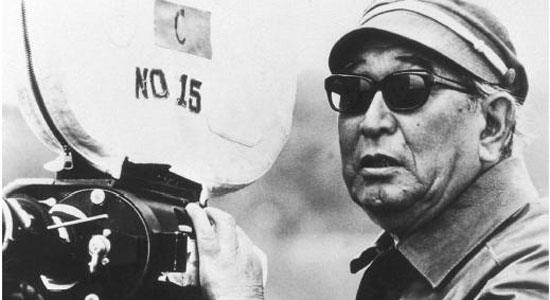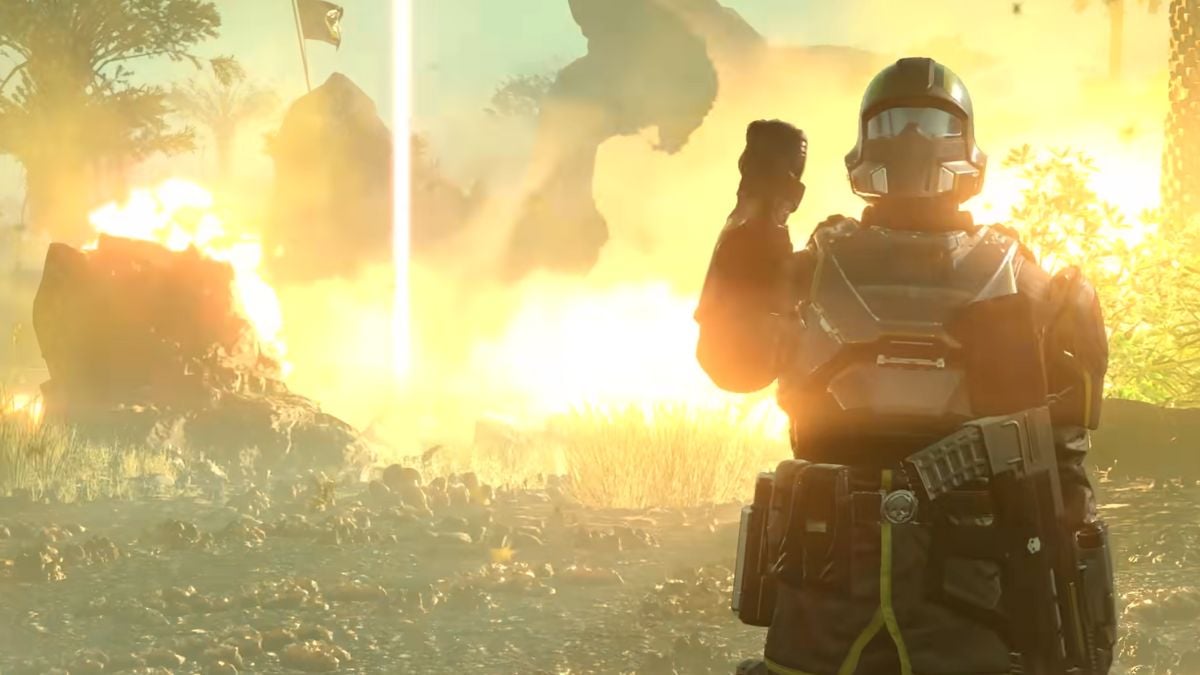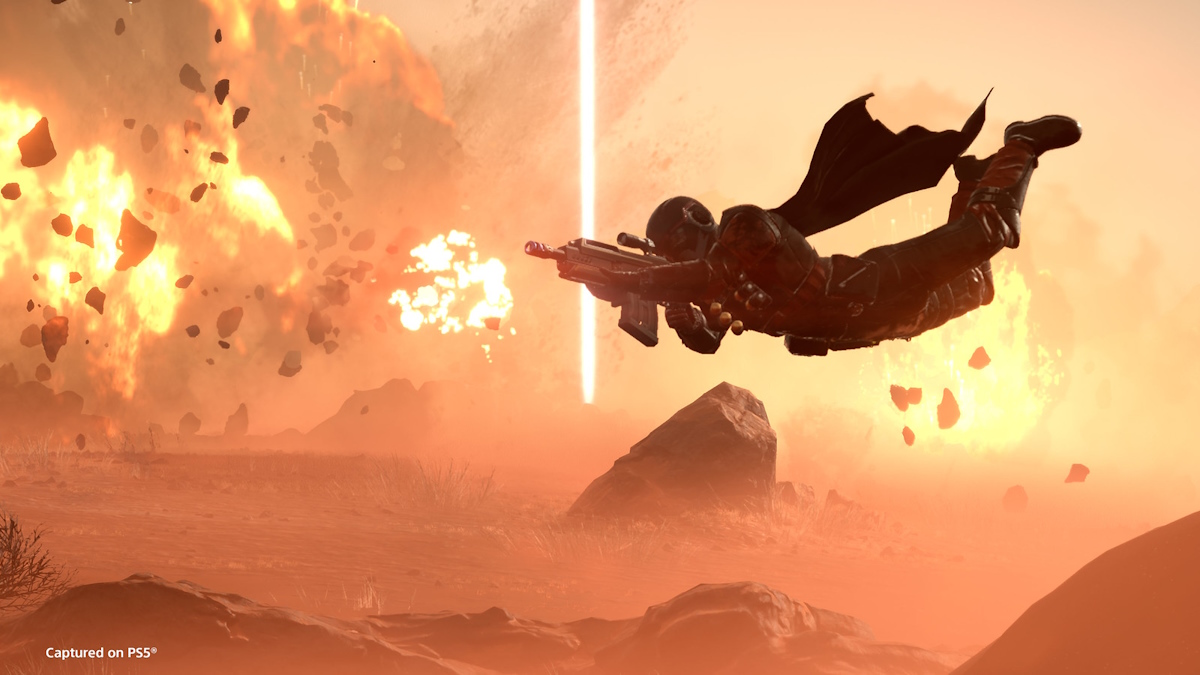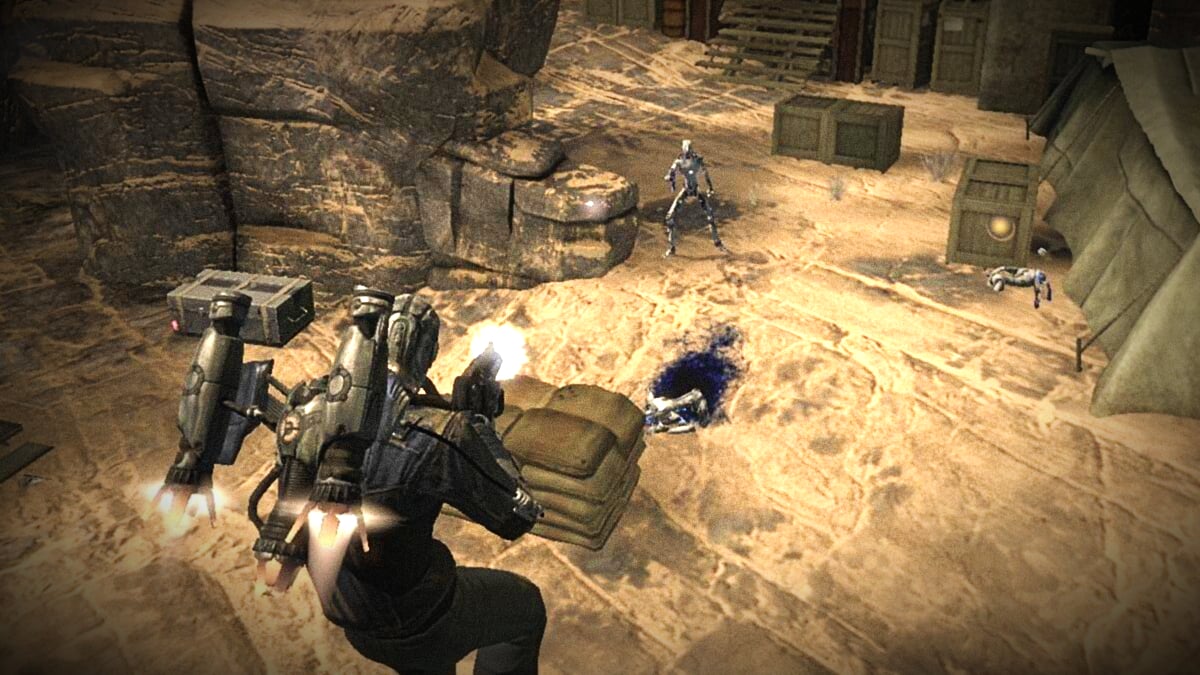A large portion of the videogames as art debate focuses on games telling serious stories, having deep meaning, and being fairly unique. Yet, there’s another issue within the games as art debate that I want to focus on: the auteur.
Behind every successful game, there is a large team that goes into making it. From the writers to the programmers to the think tank of designers who come up with all the various facets of gameplay. Yet, who do we attribute the success of the project to? Is it thanks to a luminary like Will Wright, or to a particular developer like Harmonix or Valve?
If you’d be so kind as to follow me after the jump, I’ll go into what the auteur theory is when it comes to television and movies, and take a shot at applying it to videogames. And hey, this will be one of the few “games as art” pieces that doesn’t mention Ico or Shadow of the…dammit.
The first thing that I need to get out of the way is what an auteur really is. They are the specific person or group that is responsible for shaping the creative vision of the project. The auteur is what makes the project successful, or is the one who was the real leader in a group. But, what makes an auteur?
My preferred definition for what makes an auteur comes out of the book Film Theory and Criticism, edited by Leo Braudy. It is an extremely dense book, but a worthwhile read if you want to try and expand your scope of criticism for most any visual media. In “Notes on the Auteur Theory in 1962” by Andrew Sarris, he describes three basic criteria for a director. Here’s a short summary:
Technical Competency: Simply put, the director has to know how to competently and effectively use the equipment that is at his disposal. If you’re dealing with someone who thinks holding shots for way too long or never moving the camera, then you don’t have that competent of a director.
Distinguishable Personality: The director has to be able to show his own unique trademarks within the film, whether it be through camera tricks, storytelling methods, or even symbolism that they inster into the film. In other words, what makes a Steven Soderbergh film a Steven Soderbergh film?
Interior Meaning: This is described as the conflict between the director and the material that he is working with. In essence, it’s how the director approaches the project, and the angle that he tackles it with. It’s more esoteric than having a distinguishable personality. Takashi Miike is the best example I can think of. When you watch a Miike film, you know he’s the auteur.
So that’s what makes an auteur an auteur. Now, how do we apply this to videogames? Well, this gives us some basic groundwork with which to devise a set of questions for the industry. First off, what type of auteurs are the mainstay of the industry? There are two main subsets of auteurs that there can be in the videogame realm. The first is a more wide-reaching view, where individual studios or developers are the auteurs. The second view is that there is a single definitive individual, or small set of people, who are the defining force in the project.
The studio auteur model, which was the model for Hollywood in the 1920’s, is the more likely of the two models for the videogame industry. If you take a look at Ben “Yahtzee” Croshaw’s visit to Valve, he described how their system is a cabal one, where people fill no one definite role — everyone on the team helps out in multiple areas. Thus, the success and failure of games rests on no one person’s shoulders. No person is more important than another, and they can all celebrate being a part of Valve.
Rare was the same way, in the past. Banjo-Kazooie, Battletoads, and Goldeneye all had a very stong polish on them, and while varied in what they were like, had a distinctive feel to them that you could attribute to Rare. The company fundamentally changed later on, but that’s just a matter of speculation until there’s some sort of tell-all as to what has gone in inside the company.
So, if that’s the more likely auteur group, then why talk about the second one? Well, there are certain individuals who are luminaries within the industry — Shigeru Miyamoto, Will Wright, Peter Molyneux — there are dozens of people who have a significant amount of weight behind them. Is it possible to have one person so definitively shape a game?
Talking to Anthony about this, he brings up a good point — indie games, like Passage, Aquaria, and flOw are almost exclusively the works of a single person, or sometimes a very small (3-5 people) team. Since they’re constrained by the funds available to them (interior meaning), they instead focus on making games that have a serious meaning or goal behind them, whether it be a specific message or a feeling that was meant to be created.
On a quick side note, I want to talk about these indie auteurs. Some of their games get picked up by the big companies, as was with flOw and Alien Hominid. Both games were originally flash-based titles that were free, but got a lot more funding from different companies in order to bring their works to a new audience. This is a great boon for the indie auteur — they have a chance to really blaze a path into the industry if they can manage to attract the right eyeballs to their work.
Of course, I go back to the question of what kind of auteurs dominate the large-scale videogame industry, because when someone like Jason Rohrer (Passage) moves into that area, will he just become another cog in the machine of producing good games, or will he be able to shape games that are to his vision, and keep a similar degree of creative freedom that he had when he made indie games?
I pose these questions because as a collective industry of videogames — from the developers and publishers, to the press, to the fan community — we need to step up and make more clear how the industry operates. This way, the public could more accurately reward and punish those who were really responsible for games that earn praise and ire.
If we are to develop as an artistic medium, then presenting those who can be considered artists to the world is just as important as the artistic works that they can create. I certainly don’t have answers, but I want to bring to light another topic in the games as art genre. I emplore you, community, to look to find who the important people are in your favorite games. Pay attention to the credits. See whose names pop up a bunch — they’ll be the ones you should watch for. I’ll do my best to pay attention to who the auteurs are in our industry, and try to bring them to light here at Destructoid.
Readers, for those auteurs that you do know, who are your favorites?




